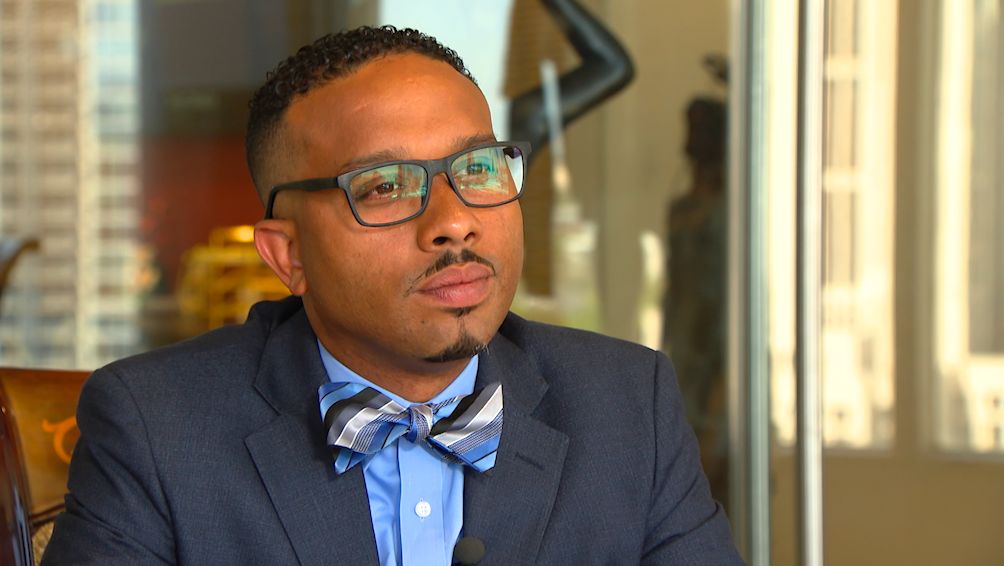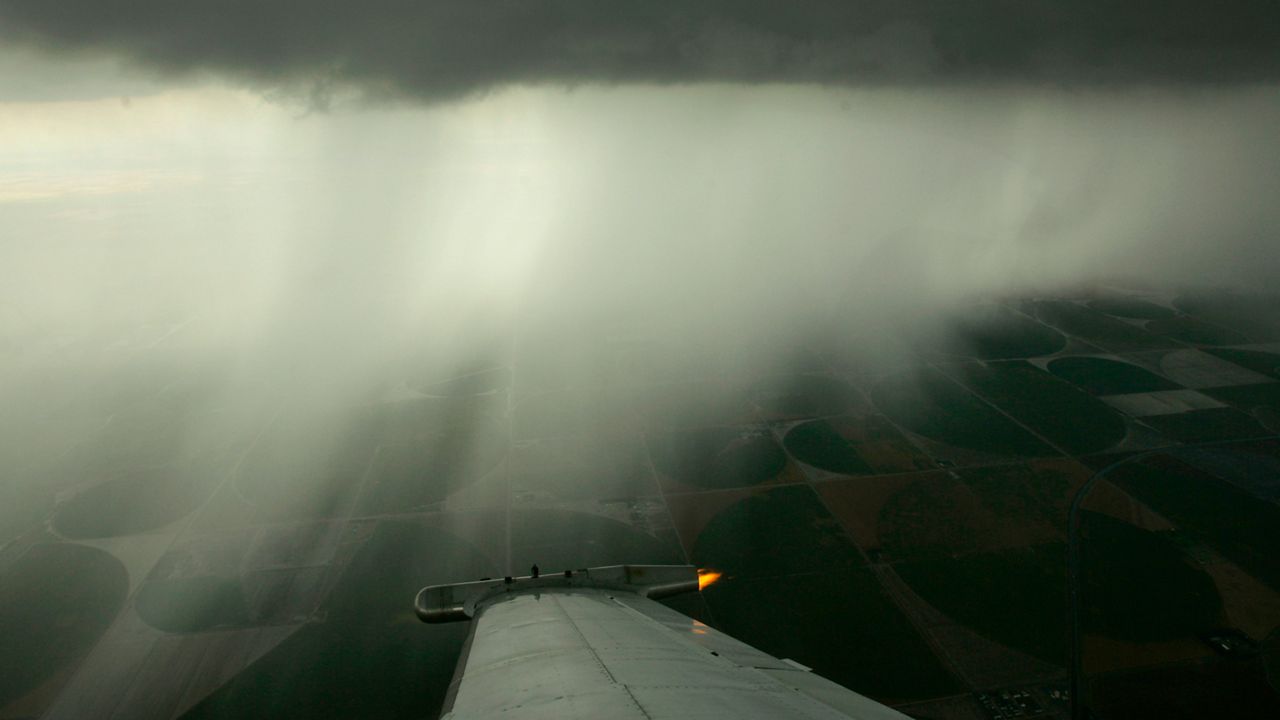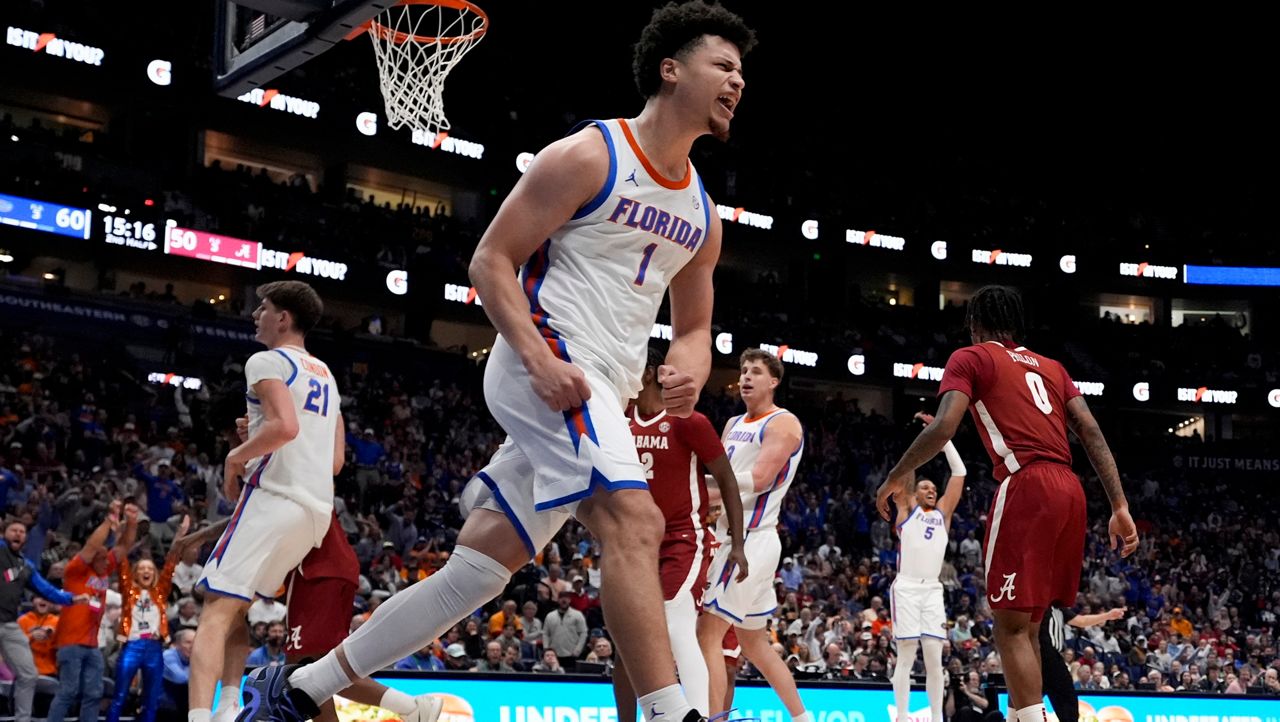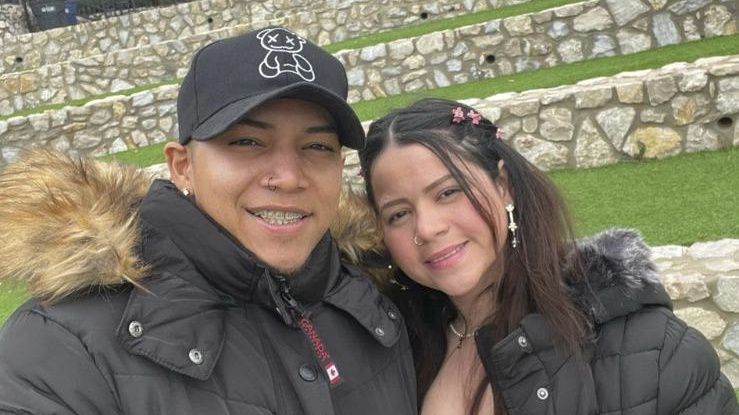Nikolas Cruz pleaded guilty on Wednesday to all charges in the 2018 shooting massacre at a Florida high school which left 17 people dead and injured 17 others.
What You Need To Know
- Nikolas Cruz pleaded guilty to all charges in the 2018 shooting massacre at Marjory Stoneman Douglas High School in Parkland, Florida, on Valentine’s Day in 2018
- Cruz was charged with 17 counts of murder and 17 counts of attempted first-degree murder for those wounded in the Feb. 14, 2018, attack
- The pleadings appear to come with no conditions, with the Broward State Attorney's Office writing in a statement last week that "there have been no plea negotiations with the prosecution"
- The guilty pleas will set the stage for a penalty trial in which 12 jurors will determine whether Cruz should be sentenced to death or life in prison without parole
Cruz, 23, appeared before Circuit Judge Elizabeth Scherer, who asked him a lengthy list of questions to gauge his mental competency before asking him one by one how he pleads to each killing at Marjory Stoneman Douglas High School, as well as to the 17 counts of attempted first-degree murder for those who were wounded.
Cruz was charged with 17 counts of murder and 17 counts of attempted first-degree murder for those wounded in the Feb. 14, 2018, attack at the high school in Parkland, located just outside of Fort Lauderdale.
Cruz pleaded guilty to all charges. Afterward, he addressed the victims and their families in short remarks.
"I am very sorry for what I did, and I have to live with it every day. If I were to get a second chance, I would do everything in my power to try to help others," he said. "I have to live with this every day, and it brings me nightmares and I can't live with myself sometimes, but I try to push through because I know that's what you guys would want me to do."
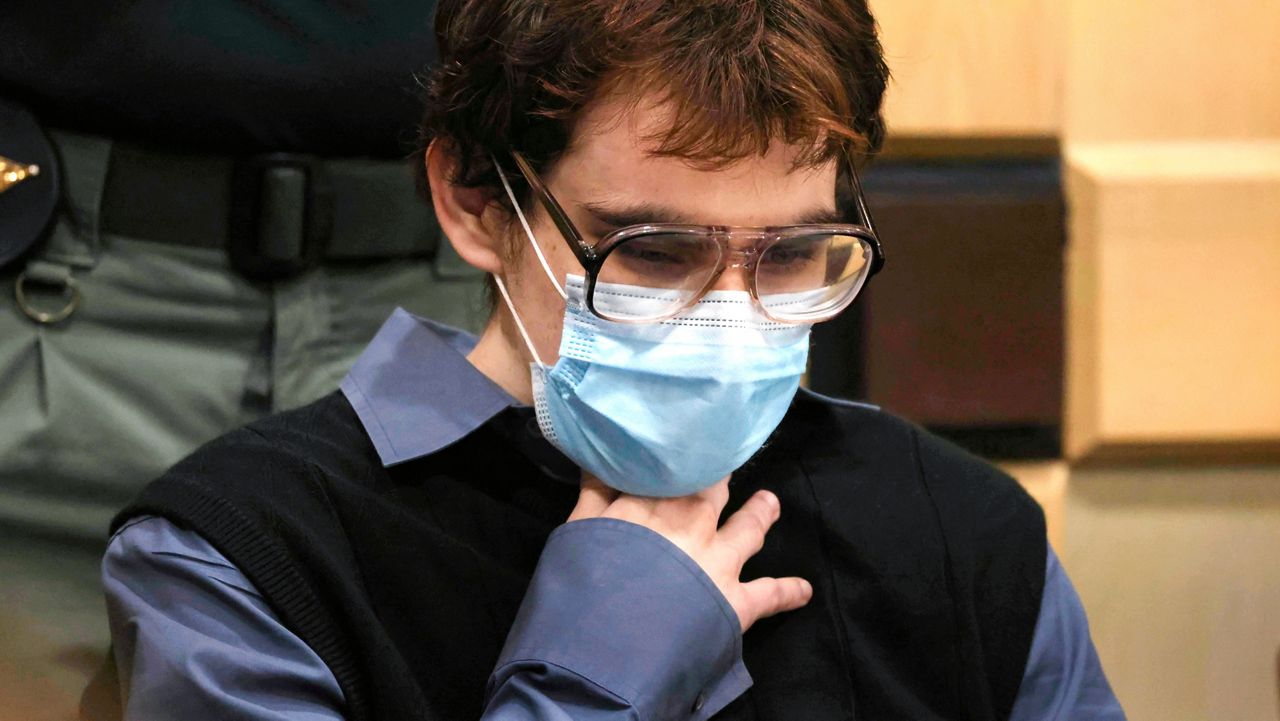
Nikolas Cruz pleaded guilty on Wednesday to all charges in the 2018 shooting massacre. (AP Photo)
Sisters reflect on shootings, their lives since then
The case has a been a waiting game that Charlotte Dwyer, her sister Madeline and other Parkland shooting survivors have had to take part in while the suspect's fate was decided.
Spectrum Bay News 9 met the sisters in front of the school hours after the shooting in 2018.
"It's already been dragged out for so long," said Charlotte Dwyer. "It’s been three and a half years and it’s been kind of like a waiting game."
Madeline Dwyer added: "I am a lot better than the last time that we met and talked. I had a very hard time for the first two years, I would say. It was very hard for me. I felt that I was not myself."
Madeline graduated from the school earlier this year.
"It was really kind of a surreal feeling," she said. "I would say kind of more emotional just because we all understood we were the last class that had ever been through it."
She is now in college in Ohio, studying stage design. Charlotte attends the University of Florida.
Charlotte said baking and cooking gave her comfort and healing after the shooting. She has told her story in UF publications.
Both of them have a simple mission in life now.
"Each day I think of them and I think, 'OK, I want to live a life they would be proud of or do something in their honor and try to be a good person for them,'" Charlotte said.
What's next after Wednesday's developments?
Wednesday's action, which comes more than three and a half years after the deadly school shooting, will set the stage for a penalty trial in which 12 jurors will determine whether Cruz should be sentenced to death or life in prison without parole.
The pleadings appear to come with no conditions, with the Broward State Attorney's Office writing in a statement last week that "there have been no plea negotiations with the prosecution."
"If he pleads guilty, there would still be a penalty phase," the statement reads.
Cruz killed the 14 students and three staff members on Valentine’s Day 2018 during a seven-minute rampage through a three-story building at Stoneman Douglas, investigators said.
They said he shot victims in the hallways and in classrooms with an AR-15 semiautomatic rifle. Cruz had been expelled from Stoneman Douglas a year earlier after a history of threatening, frightening, unusual and sometimes violent behavior that dated back to preschool.
The shootings caused some Stoneman Douglas students to launch the March for Our Lives movement, which pushes for stronger gun restrictions nationally.
Since days after the shooting, Cruz’s attorneys had offered to have him plead guilty in exchange for a life sentence, saying that would spare the community the emotional turmoil of reliving the attack at trial.
But longtime Broward State Attorney Mike Satz rejected the offer, saying Cruz deserved a death sentence, and appointed himself lead prosecutor. Satz, 79, stepped down as state attorney in January after 44 years, but remains Cruz’s chief prosecutor.
His successor, Harold Pryor, is opposed to the death penalty but has said he will follow the law. Like Satz, he never accepted the defense offer — as an elected official, that would have been difficult, even in liberal Broward County, where Democrats outnumber Republicans by more than 2 to 1.
By having Cruz plead guilty, his attorneys will be able to argue during the penalty hearing that he took responsibility for his actions.
The Associated Press contributed to this report.






